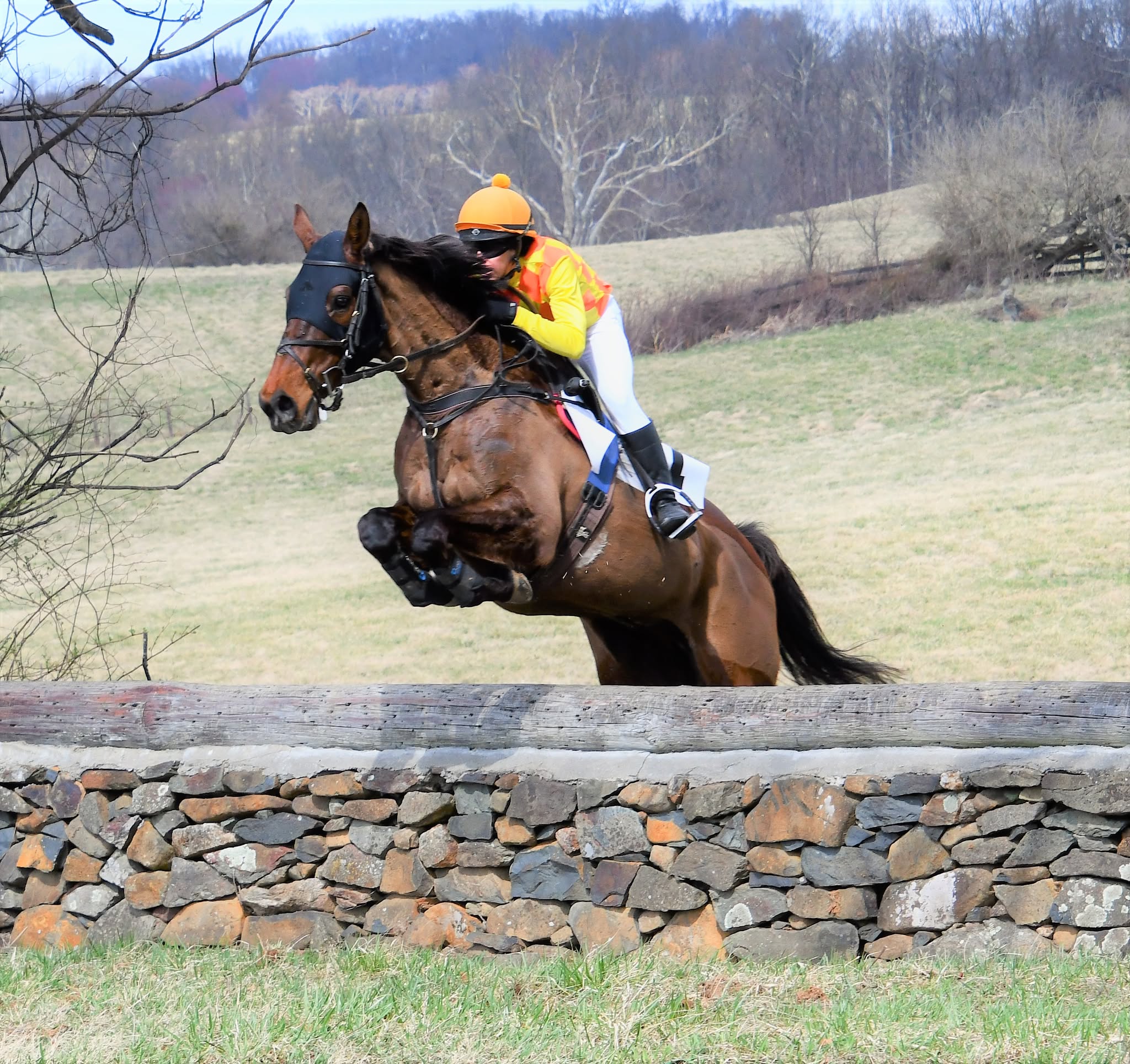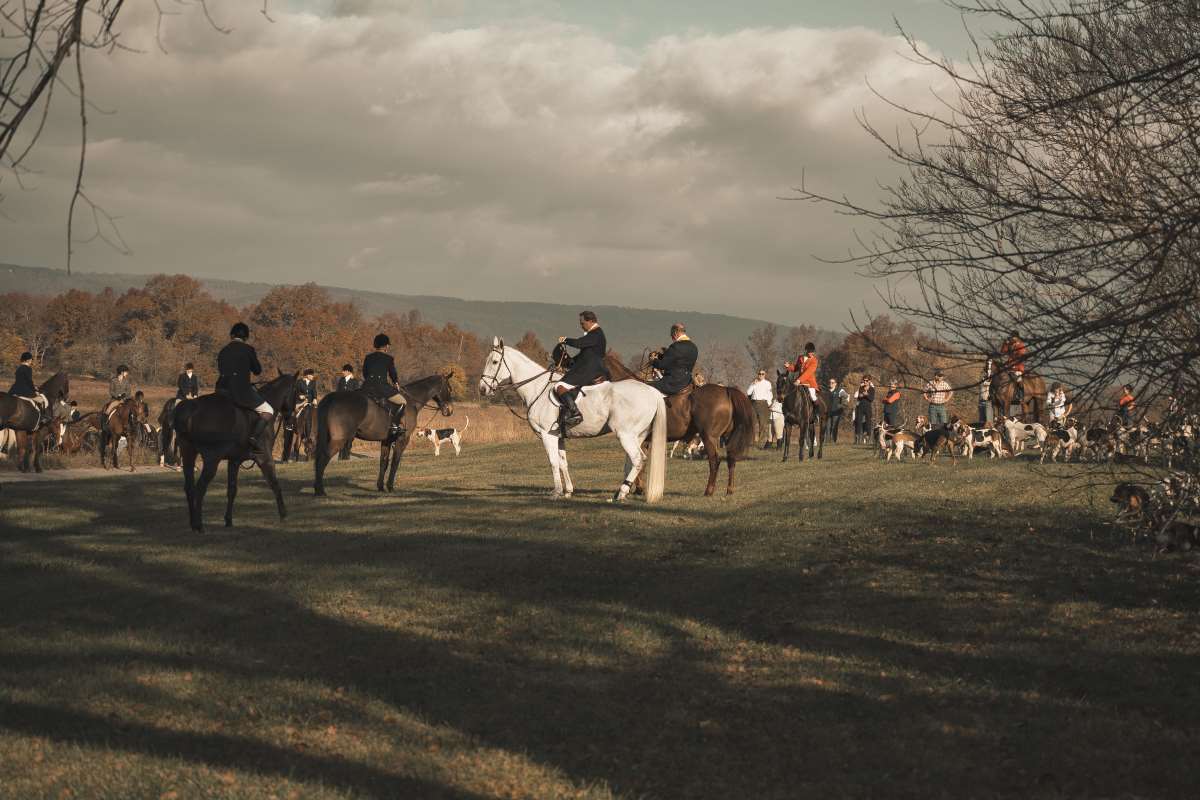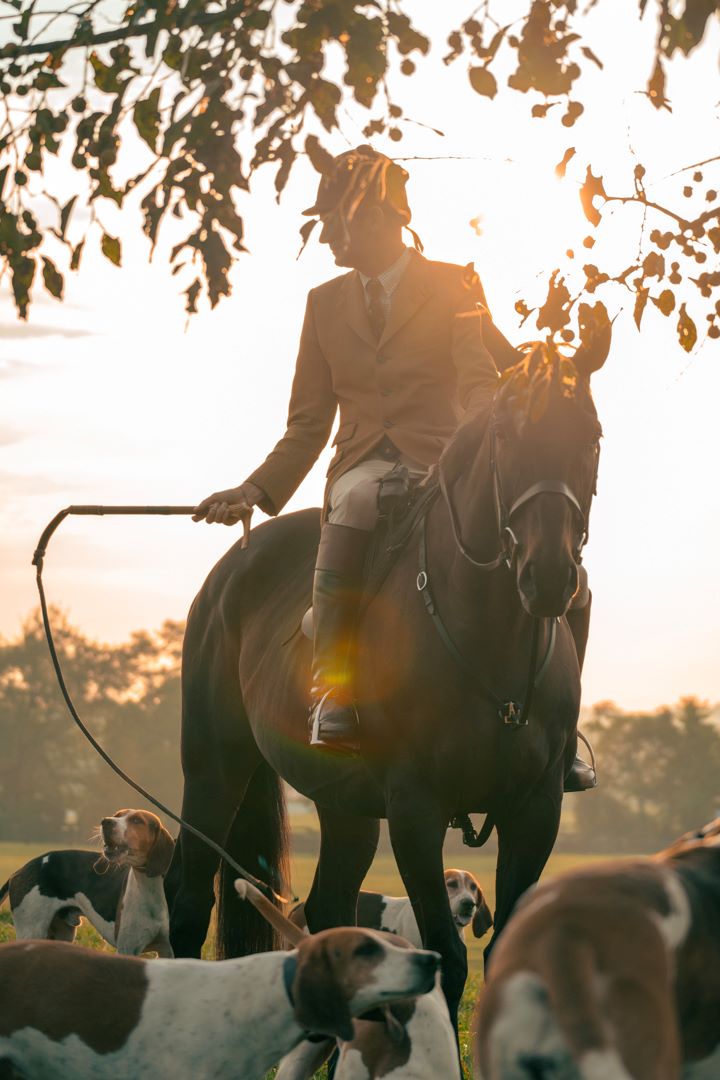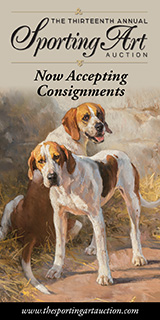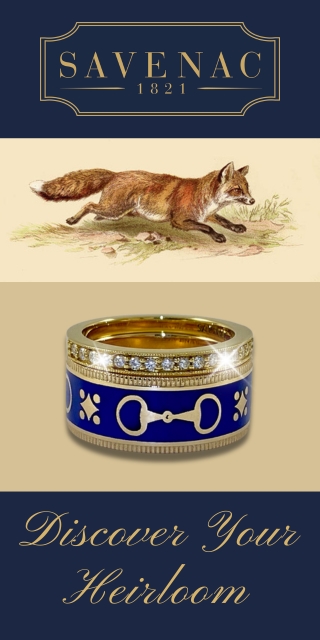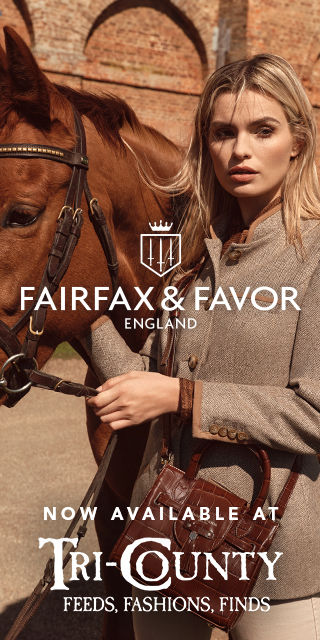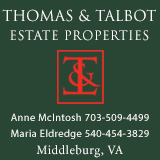Piedmont Fox Hounds
Tidy Knees Over Timber
Virginia photographer, Liz Callar, got a great shot from the Piedmont Fox Hounds Point-to-Point held in Salem, Virginia on March 22, 2025.
Read More
Tidy Knees Over Timber
Virginia photographer, Liz Callar, got a great shot from the Piedmont Fox Hounds Point-to-Point held in Salem, Virginia on March 22, 2025.
Read More
Piedmont Fox Hounds in a Season
Piedmont Fox Hounds favorite photographer Tiffany Dillon Keen submitted her favorite shots of the 2024-2025 season.
Read More
Piedmont Fox Hounds in a Season
Piedmont Fox Hounds favorite photographer Tiffany Dillon Keen submitted her favorite shots of the 2024-2025 season.
Read More
Early Morning Glow with Piedmont Fox Hounds
Photographer Tiffany Dillion Keen went out with the Piedmont Fox Hounds at the beginning of this season.
Read More
Eddie Arcaro Goes Foxhunting
Hall of Fame jockey Eddie Arcaro
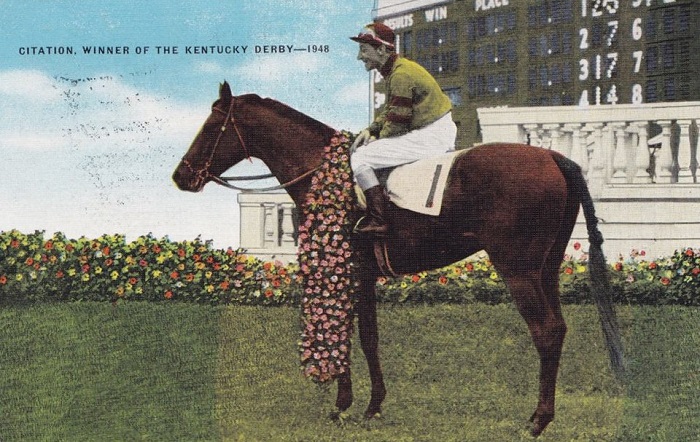 Citation, Hall of Fame jockey Eddie Arcaro up, wins the Kentucky Derby, May 1, 1948
Citation, Hall of Fame jockey Eddie Arcaro up, wins the Kentucky Derby, May 1, 1948
Eddie Arcaro (1916–1997) is regarded by many as the greatest jockey in the history of American Thoroughbred racing. He tallied more wins in classic stakes races than any other jockey and is still the only jock to have won the Triple Crown twice—Whirlaway (1941) and Citation (1948). He has the most wins of any jockey in the Belmont (six) and the Preakness (six) and is tied with Bill Hartack for Kentucky Derby wins (five). He won 4,779 of his 24,092 races and earned a record-setting $30 million in purses.
On November 23, 1954 Arcaro experienced his first foxhunt when he appeared at a meet of the Piedmont Fox Hounds in Philomont, Virginia, as reported by Liz Smith in Sports Illustrated’s December 27 issue of that year:
Leading the Field
The late Erskine Bedford, Piedmont's consummate Field Master for twenty seasons through the late twentieth century, explains how to lead and educate the field.
Erskine Bedford, MFH and Field Master, Piedmont Fox Hounds, 1979-1998
The Field Master’s job has five simple rules: first, have a great pack of hounds; second, have a great huntsman; third, have a great horse; fourth―getting serious now―know your country; and fifth, make it fun.
A Sportsman’s Artist: Franklin Brooke Voss
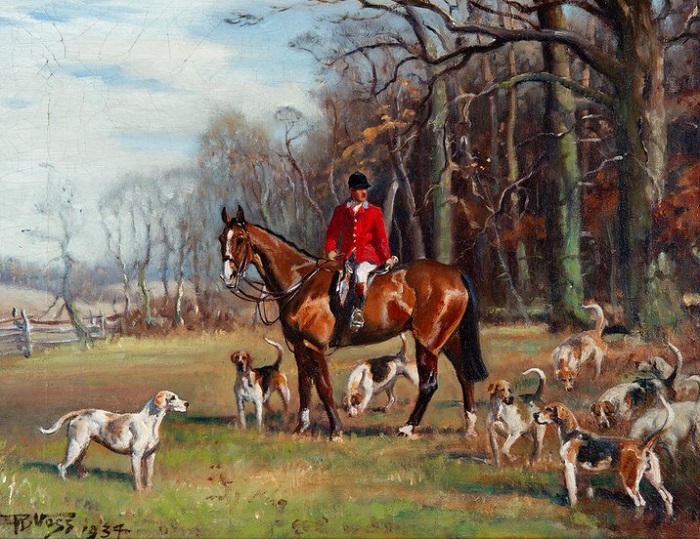 Franklin Brooke Voss (American, 1880–1953), Tom Allison, Huntsman of Meadow Brook Hounds, 1934, 12 x 16 1/8 inches, National Sporting Library & Museum, Gift of Katrina Hickox Becker, 2020
Franklin Brooke Voss (American, 1880–1953), Tom Allison, Huntsman of Meadow Brook Hounds, 1934, 12 x 16 1/8 inches, National Sporting Library & Museum, Gift of Katrina Hickox Becker, 2020
Franklin Brooke Voss counted among his patrons a Who’s Who of some of the most successful and affluent people in the United States in the early-to-mid-20th century, including the likes of John Hay Whitney, J. Watson Webb, Cornelius Vanderbilt Whitney, Alfred Vanderbilt, Walter Jeffords, F. Ambrose Clark, and Emily T. DuPont. These patrons, however, had something other than wealth in common. They were all equestrians in a golden age of turf and field sports, and just as importantly, they were supporters of the arts.
Harry Worcester Smith…the Great Hound Match of 1905…a Discovery?
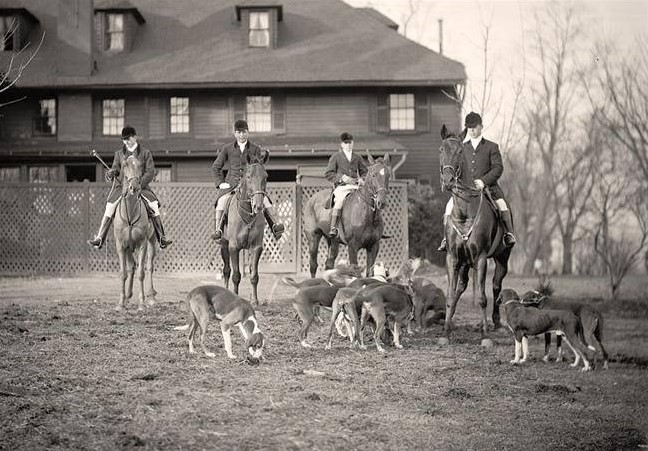 Photograph discovered by Baily's in a biscuit tin, dated 1905 on the back, and appearing American.
Photograph discovered by Baily's in a biscuit tin, dated 1905 on the back, and appearing American.
The historic and well-documented Great Hound Match of 1905 was a face-off between A. Henry Higginson’s Middlesex Hunt (MA) with its English Foxhounds and Harry Worcester Smith of the Grafton Hunt (MA) and his American foxhounds. The Match was held in the then hunting country of the Piedmont Fox Hounds (VA), with each pack alternating hunting days.
Despite the substantial coverage by the press and public interest in the Match at the time―and ever since―something has been missing.
What Foxhunters Can Learn from Eventers
“There’s something about horses that makes smart people stupid.” -James Wofford
Our main story in this edition tells in part how foxhunting played a role in helping a teenager become one of the leading young endurance riders in the country. Conversely, we have seen how other equestrian disciplines can help foxhunters get more enjoyment out of hunting by becoming better riders. What follows is extracted from an article we published ten years ago in which Olympian and Coach James Wofford addressed “What Foxhunters Can Learn from Eventers.”
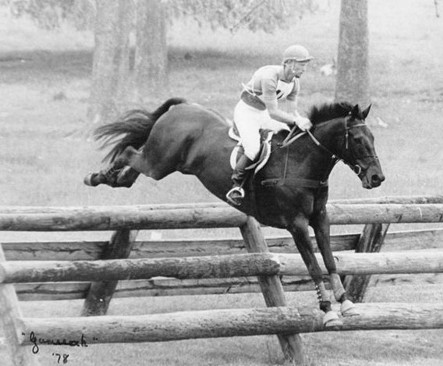 James Wofford on Carawich,1978 / Gamecock photo
James Wofford on Carawich,1978 / Gamecock photo
For most of us field members, one of the greatest single factors influencing the joy we experience during a day’s hunting is closely associated with our riding ability. The more competently we are able to cross the country on our horse, the closer we come to a totally fulfilling experience.


